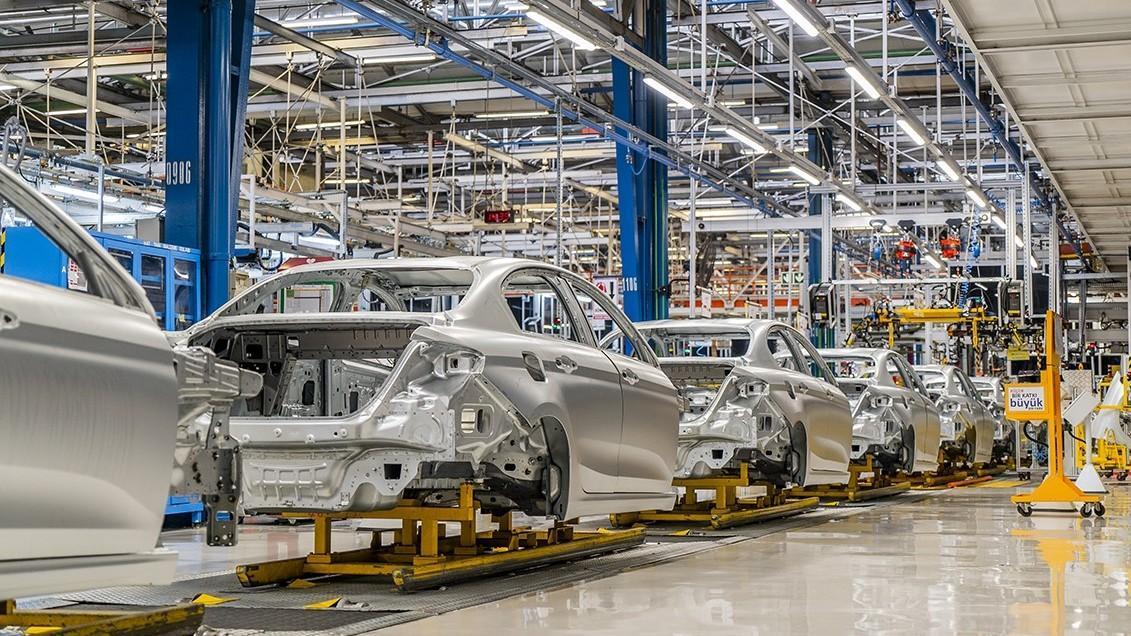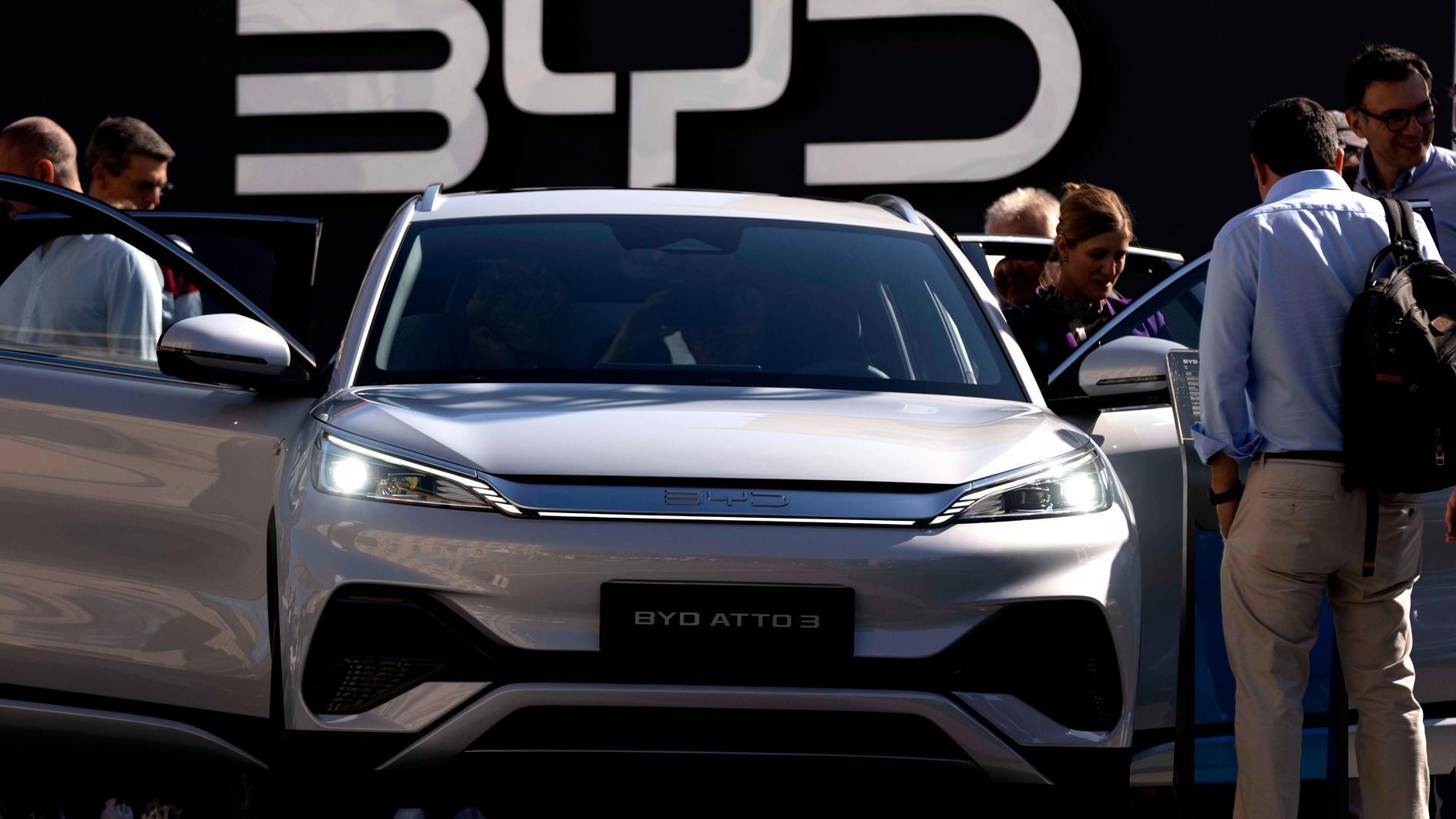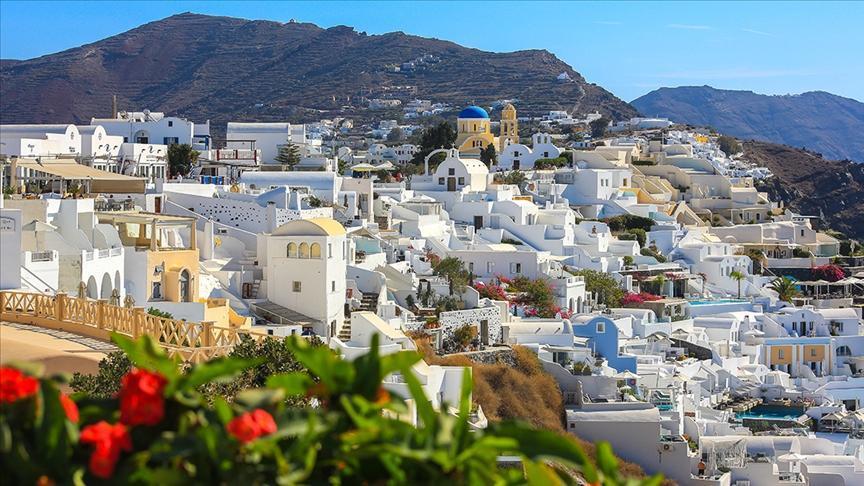France’s Macron declares the defeat of Turkey’s democrats
There is a Turkish saying that goes: “You are the only one who understood me, but then you misunderstood me.”
That could sum up well the feeling about French President Emmanuel Macron’s change of rhetoric on Turkey.
In an interview conducted on April 17, 2017, a few days before French presidential elections, with the news channel BFMTV, Macron declared that there will be “no progression” regarding the discussions on Turkey’s membership to the European Union if he is elected.
“With a government taking those decisions, there will be no progression concerning [Turkey’s] integration within the European Union” in the coming years, he had asserted. The comments had come the day after a referendum in Turkey gave more powers to the president.
In the same interview, Macron claimed that “there are thousands, and even millions, of voices challenging the referendum result which was very tight.” For this reason: “everything needs to be done in order to help, support those who are fighting for democracy.” “My wish is to be able to continue having a European Union and a France which leaves the door open for Turkey’s democrats,” he continued.
In his address to France’s diplomatic envoys on Aug. 27, Macron reiterated the message that it is currently not possible to continue accession negotiations with Turkey. As there has been no progress in terms of democracy in Turkey since Macron’s interview before he was elected, this consistency is only understandable.
But the way he explains the reasoning shows the deviation from his original standing.
First of all, Macron feels the need to underline that he has had intense contacts with President Recep Tayyip Erdoğan and that’s probably because he wants to convince his audience about the validity of his next observation. In his view, Erdoğan’s project, which is presented as “anti-European,” is a panislamique project. The measures taken to implement this project are against “our principles,” he says.
It is one thing to say that anti-democratic measures are against EU values, another to say that some measures are against the EU because they are “pan-Islamist.”
But the most crucial line of his speech about Turkey implies a fundamental regime change in Turkey. “We have gone out of the Cold War and President Erdoğan’s Turkey is not President Kemal’s [Atatürk] Turkey.”
What are we to deduce from this statement?
Does he mean to say that Turkey is no longer a secular regime but moving toward an Islamic autocracy? Does he mean to say that the Kemalists and therefore the secularists have lost to Islamists? Once and for all?
After intense contacts with Erdoğan, is Macron convinced that what he called “those who are fighting for democracy,” have thrown in the towel?
Is that why he no longer has the intention to keep the door open for “Turkey’s democrats?” as he had said previously?
Is he now convinced that Erdoğan will remain as Turkey’s ruler forever?
Ironically, Macron talks about the rise of nationalism and extremism elsewhere in Europe. He says they won’t yield to “fascinations for illiberal democracies or for a form of efficiency that passes from the renunciations to all our principles.” And then he adds: “Our security passes from the reaffirmation of our values.”
In short, he seems to be convinced that anti-democratic trends in Europe that go against “our values” is reversible and can be reversed by reaffirmation of these values, whereas these trends are irreversible in Turkey.
Someone should remind him that what he calls “our values” are universal democratic values, and that the panacea that he deems right for Europe should be valid elsewhere.
In addition, while he confesses that Europe should no longer rely on the United States for its security, the solution he offers — putting Russia and Turkey on the same basket and forging strategic partnerships with both at the expense of turning a blind eye to democratic deficit — cannot bring the desired outcome. But this is a point that needs to be elaborated in a separate article.
As to his loss of faith in Turkey’s democrats, there is an uphill struggle that leaves currently not much room for optimism. But it is not up to Macron to concede defeat of those struggling for democracy.











